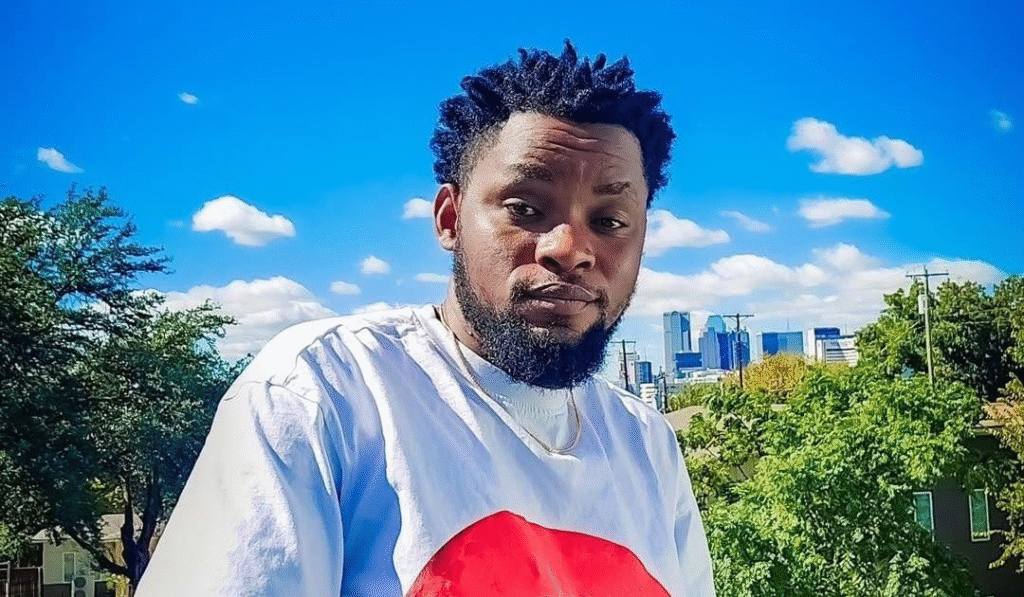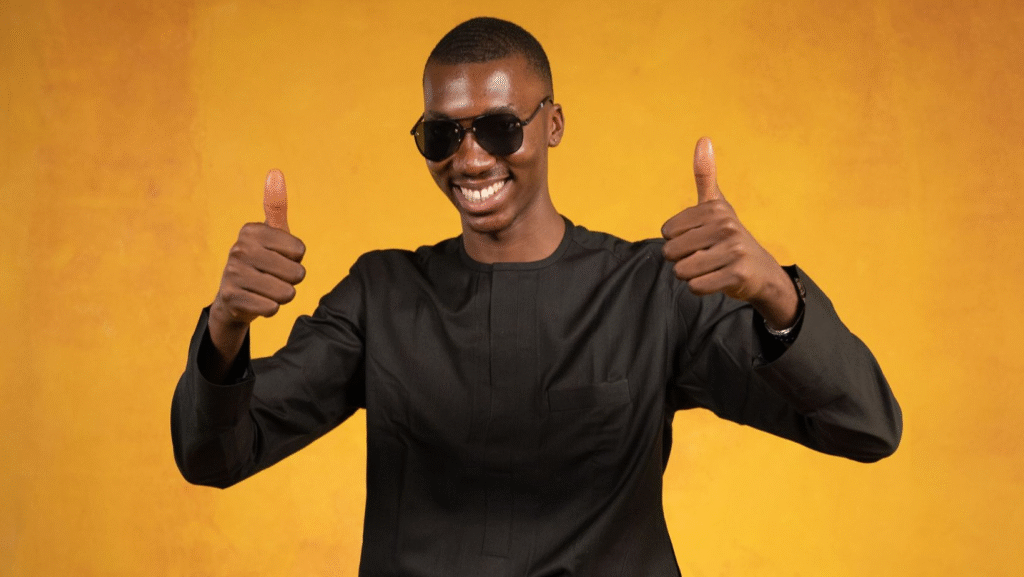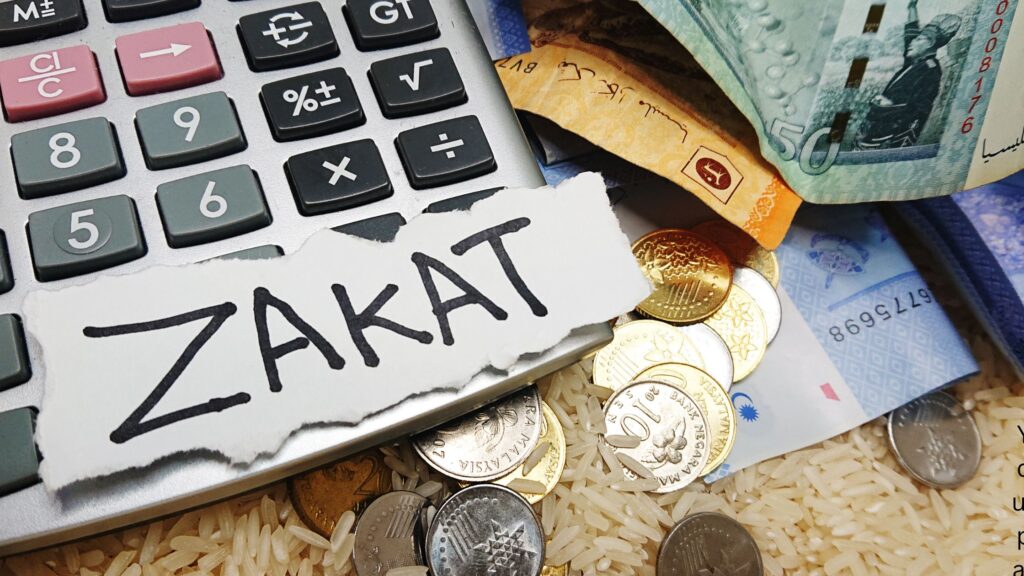Nigeria’s skit-making economy has been nothing short of a digital gold rush that has transformed comedy from street performances into a billion-naira industry now minting millionaires faster than any traditional career path could promise.

The Origins of Nigeria’s Skit-Making
Nigerian skit-making is acknowledged to have first gained prominence in 2015. The Covid-19 pandemic would catalyze its explosion. As lockdowns confined millions to their homes, content creators seized the opportunity and developed innovative ways to captivate audiences through collaborations with prominent actors and musicians.
The numbers are nothing short of staggering. According to a report by Dataleum, a global talent accelerator, in 2022 alone, skit-making ranked as the third-largest entertainment industry in Nigeria, with a net worth surpassing ₦50 billion ($31.2 million). The Africa Polling Institute found that 90% of Nigerians polled viewed comedy skits as a viable means of employment.
The infrastructure supporting this boom is equally impressive. In 2024, the telecommunications sector contributed 17.68% to Nigeria’s Gross Domestic Product in Q4, with telecom sector revenue hitting $7.6 billion. Nigerians consumed a record-breaking 1.04 million terabytes of data in May 2025. This marked the highest monthly usage since the Nigerian Communications Commission began tracking this metric in 2023.
This massive data consumption isn’t accidental. Analysts attributed the climbing data consumption to the ascendance of video content. Short-form videos have been described as the primary catalyst, driven by heightened engagement on platforms like TikTok, YouTube Shorts, Instagram Reels and Snapchat Spotlight.

How Nigerian Skipreneurs Earn
The economics of skit-making reveal an industry with multiple revenue streams that extend far beyond simple ad revenue. This matches a similar cultural phenomenon that has created its own economy, Afrobeats. Understanding these pathways illuminates why bright young Nigerians are choosing cameras over cubicles.
Platform Monetization
YouTube remains a cornerstone of creator income. In 2023, veteran comedian Ali Baba sensationally revealed that popular Nigerian skit-maker Mark Angel earned over $300,000 monthly from his YouTube videos. Broda Shaggi, a popular skit maker and actor in his early 30s, disclosed that he earns over $40,000 monthly from his skits on YouTube, with his income ranging between $40,000 and $80,000 depending on the month.
Habeeb Adelaja, known as Peller, disclosed that he earns as much as $10,000 a week, primarily through TikTok live streaming. In collaboration with fellow influencer Jarvis the AI girl, Peller began co-hosting live sessions that dramatically expanded his reach and earning potential, with one session generating $10,000.
TikTok’s monetization structure offers substantial rewards for consistent creators. Although TikTok has not officially disclosed payout figures, influencers claim that the platform pays between $4.00 and $8.00 per 1,000 views, a significant increase from earlier rates.
Brand Partnerships and Sponsored Content
Beyond platform payments, brand deals represent the most lucrative revenue stream for established creators. Skit-makers can charge as high as ₦3 to 5 million for sponsored posts on Instagram, according to Olufemi Oguntamu, CEO of Penzaarville Africa, a talent management and media agency representing major creators like Broda Shaggi, Kie Kie, and Mr Macaroni.
Mark Angel Comedy reportedly stands as the first African comedy channel to achieve over nine million YouTube subscribers. This created a massive platform for brand partnerships. Last year alone, Angel’s 196 skit videos posted on Instagram amassed a staggering 196.9 million views, accompanied by 12.1 million likes and over 208,000 comments.
The View Economy
The engagement metrics across platforms demonstrate the massive audience reach these creators command. In 2023, Mark Angel gained over 197 million views on his Instagram account, which currently has about 3.15 million followers. Newcomer Layi Wasabi had the second-highest engagement with 133.2 million views and 1.6 million followers, while Sabinus had 130 million views in total.
Oluwabukunmi Adeaga-Ilori, known as Kiekie, saw her Instagram following surge throughout 2023, soaring from 2.1 million followers in the first quarter to 3.1 million by year’s end, with her presence garnering 93 million views from 106 skits.

The Production Reality
The romanticized image of skit-makers recording alone with basic phones tells only part of the story. The production for some ten-minute skits is often as elaborate as movie productions. Sets often involve large teams including videographers, supporting actors, scriptwriters, production managers and assistants, makeup artists and costumiers, gaffers, and sometimes even a director.
For more popular creators like Brodda Shaggi or Layi, production teams also hire security guards as shooting outdoors in Lagos can draw unwanted attention.
The financial investment matches the production complexity. On average, it takes about a week to produce and release a skit, with costs varying from between ₦800,000 to ₦1 million per skit on average, according to Oguntamu.
This investment extends beyond the shooting. After shooting, the post-production crew takes over, from editors to special effects specialists to those who specialize in color-grading. The ecosystem has created parallel income streams for support professionals. Video editor Ebele Obi earns between ₦10,000 and ₦50,000 editing skits and videos, depending on complexity.
A Few Creator Stories
4Fun Mamamia
Izuchukwu Chukwuka’s journey with 4Fun Mamamia Comedy exemplifies the perseverance that is often required in this industry. Though he had been doing stand-up comedy as early as 2005, he was still struggling and broke. This was until he found success through skit-making.
When one of his early videos went viral, others reposted it without credit, with even BBC Pidgin using some of his quotes without attribution. But Chukwuka persisted. His breakthrough came when one of his videos took off organically on TikTok with massive traffic to his page.
The first money he made was $3, which he couldn’t cash until it reached $100. Today, 4Fun Mamamia has over 400,000 followers on Facebook, over 400,000 on TikTok, 50,000 on Instagram, 50,000 on YouTube, and 30,000 on X.
The Feyiii
Feyi Onifade, now known as The Feyiii, was stuck at home awaiting university admission when he decided to try skit-making after watching comedy skits online. When Tunde Ednut, a social media influencer, reposted one of his videos, everything changed, with big names starting to like and share his content.
Despite online fame, Onifade studied and graduated in Civil Engineering from Federal University, Oye-Ekiti. Today, with over 182,000 followers on Instagram, Onifade is one of Nigeria’s fast-rising skit makers.
Layi Wasabi
Isaac Olayiwola, known as Layi Wasabi, is a law degree holder who carved a unique niche by infusing his skits with legal references and sharp wit. His Instagram following grew from 300,000 early in 2023 to over two million, with his skits garnering 133.2 million views in 2023.

The Challenges Ahead
The industry faces significant headwinds. A price analysis shows that the average cost of 1GB across major Nigerian telecom providers has risen by 65.22%, from ₦287.5 to ₦475. This surge threatens viewership, with Lagos-based YouTuber Adeola Abiodun reporting that weekly views dropped from 10,000 to barely 4,000, with viewers citing insufficient data to watch.
Many Nigerians now prioritize essential browsing over video content. Some viewers now having to fast-forward videos to the most important parts to conserve data.
A Roadmap for Breaking Into The Industry
For aspiring skitpreneurs, industry veterans offer clear guidance. Olayiwola advises: “Stay natural and do what feels personal to you. The most universal ideas are very personal”.
Adeaga-Ilori emphasizes authenticity: “Embrace your uniqueness, for therein lies your greatest strength. Authenticity is key to standing out in a crowded digital landscape”.
Consistency emerges as non-negotiable. Broda Shaggi stresses that making money requires numbers, consistency, and volume of content, noting “As a skit maker, you must be consistent. Consistency is the key. The more consistent you are, the more content you have, and more content means more money”.
Technical preparation matters less than starting. Feyi Onifade recalls: “I just started with what I had. I didn’t wait for the perfect camera or lighting. I just wanted to make people laugh”.
Platform strategy also requires sophistication. Oguntamu notes that YouTube opens creators to larger international audiences in Asia, Europe, and America, where monetization rates are higher than for African audiences. He adds that creators should find their niche and build a brand to secure ambassadorships and partnerships beyond advertorial income.
With billions in revenue, millions in individual earnings and an ecosystem that supports thousands of jobs from videographers to editors, the industry proves that creativity, when combined with technology and persistence, can transform lives and societies.












